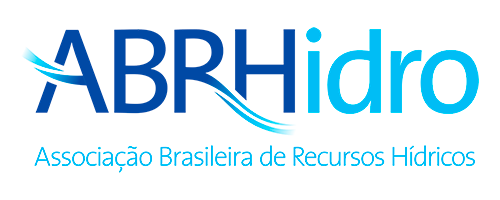9th International Symposium on Integrated Water Resources Management (IWRM) | 14th International Workshop on Statistical Hydrology (STAHY) | I EBHE - Encontro Brasileiro de Hidrologia Estatística
Data: 04/11/2024 à 07/11/2024
Local: Florianópolis-SC
Mais informações: https://www.abrhidro.org.br/iebhe
Mathematical modeling tools applied for evaluating and planning water resources and groundwater management scenarios in the southern basin of Mexico
Código
I-EBHE0200
Autores
Mario Alberto Hernández Hernández, Graciela del Socorro Herrera Zamarrón, Omar Villegas Sánchez, Guillermo Hernández García
Tema
WG 2.6: Water systems analysis for integrated planning & management
Resumo
Mexico City (CDMX) faces a significant water crisis due to the intensive use of the Metropolitan Zone of Mexico City Aquifer (AZMCM), which is crucial for groundwater supply, constituting 62% of the urban supply. However, uncontrolled extraction has caused serious problems such as declining groundwater levels, land subsidence of up to 40 cm per year, flooding, and deteriorating water quality. To address these challenges, effective tools for sustainable water management are essential. Mathematical Groundwater Flow Models (MMFS), such as Model-Muse (MODFLOW) used in the study, play a crucial role in simulating groundwater dynamics and assessing the impacts of different management scenarios. The updated MMFS aims to accurately represent the flow dynamics and effects of groundwater extraction, highlighting areas with varying hydraulic head values across the aquifer system. The study also evaluates three management scenarios up to 2035: maintaining current extraction rates, reducing total extraction by 10%, and redistributing extraction to less affected areas. These scenarios project changes in groundwater levels and their implications for land subsidence and water quality, crucial for informed decision-making in water resource management. Integrated Water Resources Management (IWRM) principles are fundamental in this context, emphasizing holistic approaches that consider social, economic, and environmental factors. This includes balancing water supply and demand, promoting water conservation, and enhancing water use efficiency. The MMFS facilitates this by providing insights into groundwater availability and sustainability under different management strategies. Water system analysis for planning and management involves using tools like MMFS to forecast future water availability and assess the impacts of development and climate change. In Mexico City, this analysis is crucial due to its dense population and reliance on groundwater. By refining models and incorporating data from hydrogeological studies, planners can make informed decisions to safeguard water resources and mitigate risks associated with unsustainable practices. Despite its utility, the study identifies limitations in the MMFS, such as underestimations in hydraulic head values in certain mountainous and foothill areas. This underscores the ongoing need for model refinement and calibration to improve accuracy and reliability in water management decisions. Results from scenario 1 indicate an average groundwater level decline of 1.76 meters per year from 2020 to 2035, with a drawdown range between -25 and +22 meters. This finding highlights the significant impact of current extraction rates on groundwater sustainability and underscores the urgency of implementing effective management strategies to mitigate adverse effects on Mexico City's water resources. In conclusion, the study underscores the importance of MMFS and integrated approaches like IWRM in managing urban aquifers such as AZMCM in Mexico City. By integrating these tools into policy and planning frameworks, authorities can enhance resilience to water challenges and promote sustainable development while safeguarding vital water resources for future generations.

